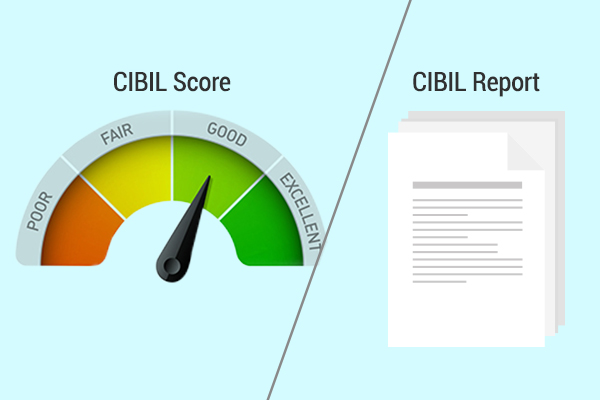Credit scores, while a three-digit number, encapsulate years of financial history and discipline. One’s credit history plays a vital role in shaping the financial future. But do you know how to find your CIBIL report? If not, you’re in the right place. Let’s explore this together.
The Significance of Your CIBIL Report
Your CIBIL report is much more than a mere document. It’s a testament to your financial credibility. This report isn’t just for lenders to assess your creditworthiness; it’s for you to have an eagle’s eye view of your credit landscape.
- Your Financial Story: It narrates your financial tale. From the loans you took out for your first car or your child’s education to how timely you’ve been in settling those debts.
- Lenders’ Trust: Banks and lenders consult your CIBIL report to gauge the risk involved in lending you money. A clean report can help you in securing loans more effortlessly and possibly at better interest rates.
- Reflection of Financial Habits: This report mirrors your financial discipline. Late payments, high credit usage, or defaulting on a loan can affect this record negatively.
How to Access Your CIBIL Report?
- Official CIBIL Website: Begin at the official CIBIL website. Remember, the first report in a calendar year is complimentary.
- Visit the ‘Get Your Credit Score’ section.
- Fill in your personal details, including your PAN number.
- Post verification, you’ll be directed to your report.
- Via Banks: Many banks offer ‘how to check CIBIL Transunion score’ as an additional service to their customers. Often, the service might be available at discounted rates or even free, depending on the bank.
- Third-party Platforms: Several online platforms can assist you in obtaining your CIBIL report. However, always ensure the authenticity of such platforms to prevent fraudulent activities.
Decoding the CIBIL Report
Once you know how to check the CIBIL Transunion score and have accessed your report, understanding it is crucial.
- Credit Score: Ranging between 300 and 900, a higher score is favourable. A score above 750 is generally considered favourable.
- Account Information: This section details your credit type, lending institution’s name, and the loan amount, among other particulars.
- Enquiry Information: Every time a financial institution checks your score, it’s logged here. Multiple checks in a short time can negatively impact your score.
- Default Accounts: If you’ve defaulted on any loan, it will be prominently featured here. This is a red flag for any potential lender.
Keeping Your CIBIL Report in Good Health
A clean slate on your CIBIL report is instrumental for your financial well-being.
- Timely Payments: Always ensure that EMIs and credit card bills are paid on time. Even a single delay can affect your score.
- Limit Loan Enquiries: If you’re shopping for a loan, try to make your applications within a short time frame. This is interpreted as a single query and doesn’t hurt your score.
- Monitor Your Report: Regularly check your CIBIL report. This isn’t just about knowing your score, but also to ensure there aren’t any mistakes. Any discrepancies should be reported immediately.
Conclusion
Your CIBIL report is a testament to your financial journey. While the journey might have its ups and downs, with consistent discipline and the right knowledge, you can ensure that your report remains in good shape. Remember, it’s not just about the past but also a compass guiding your financial future.





